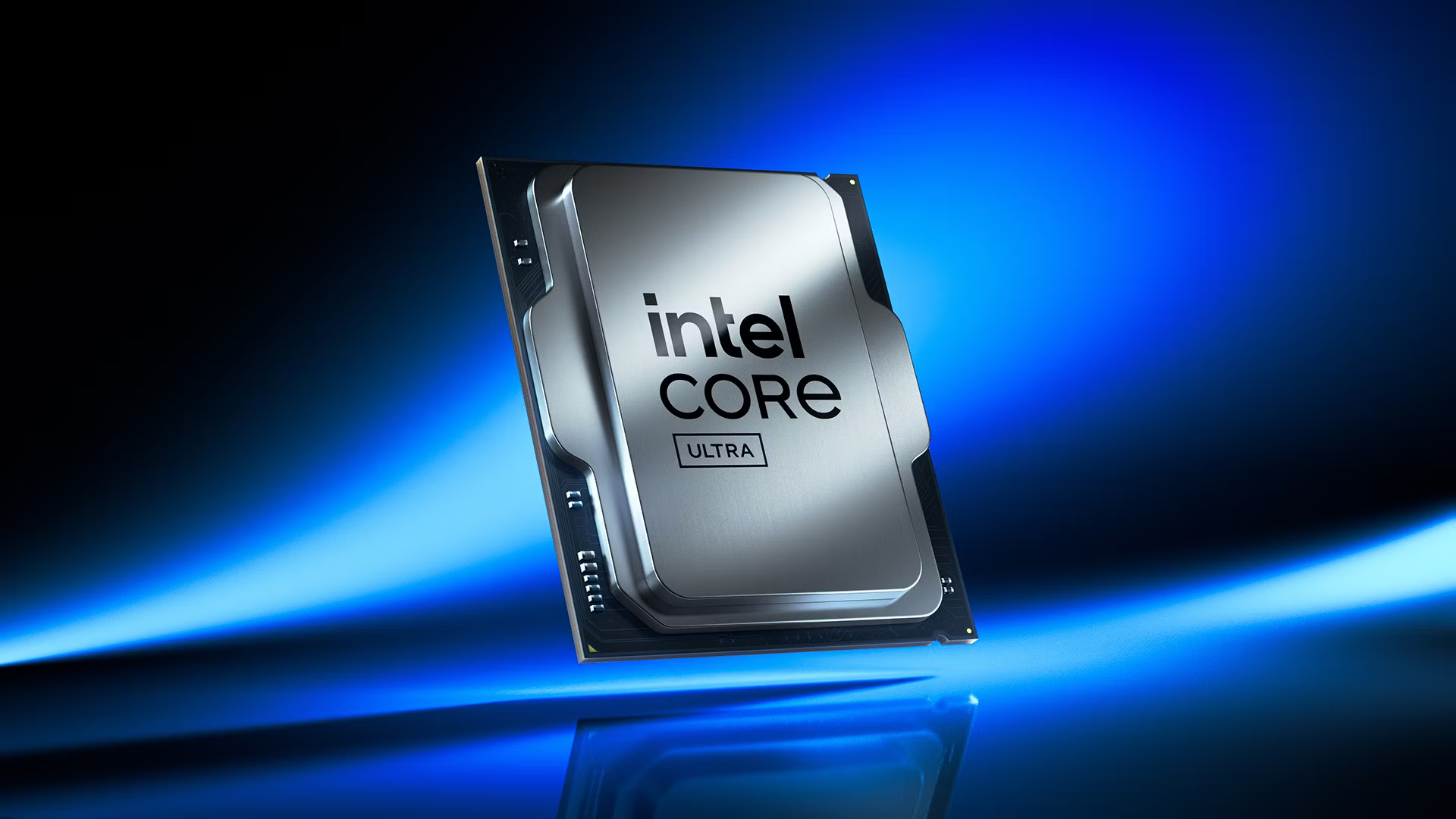
A new unreleased Core Ultra 200S series product has hit the Geekbench browser. Benchleaks on X shared a Geekbench result of the upcoming mid-range Core Ultra 5 225F 10-core chip, with performance numbers similar to Intel’s Core i5-13600 Raptor Lake CPU.
The Core Ultra 5 225F reached a single-core result of 2,653 points and a multi-core result of 13,028 points. The CPU is armed with six P-cores, four E-cores, 20MB of L3 cache, and a purported max frequency of 4.887GHz during the Geekbench run.
Compared to the closest Core Ultra 200S series CPU available for purchase now, the Core Ultra 5 245K, the Ultra 5 225F, the 245K is 16% faster in single-core performance on average and a whopping 44% quicker in multi-core. (Average results for the 245K were taken from the first page of user-published results in the Geekbench browser, resulting in an average score of 3,087 points for single-core and 18,882 points for multi-core).
[GB6 CPU] Unknown CPUCPU: Intel Core Ultra 5 225F (10C 10T)Min/Max/Avg: 3844/4866/4582 MHzCodename: Arrow LakeCPUID: C0662 (GenuineIntel)Single: 2653Multi: 13028https://t.co/UUpjGH5CtaNovember 25, 2024
| CPUs | Single-Core | Multi-Core |
| Core Ultra 5 225F | 2,653 | 13,028 |
| Core Ultra 5 245K | 3,087 | 18,882 |
| Core i5-13600 | 2,516 | 12,375 |
| Ryzen 7 9700X | 3,435 | 18,042 |
| Ryzen 5 9600X | 3,521 | 16,072 |
The Core i5-13600 is the closest CPU in Geekbench scores to the Core Ultra 5 225F, with 2516 points in the single-core test and 12,375 points in the multi-core test. The Ultra 5 225F is barely faster than the i5-13600, beating the Raptor Lake chip by 5% in single and multi-core performance. However, the 225F achieves this feat with four fewer cores and just half the thread count.
Compared to the 225F’s direct predecessor, the Core i5-14400F, the 225F is 13% faster in single and multi-core. In the AMD camp, the Ryzen 7 9700X is 29% faster in single-core performance and 38% faster in multi-core performance (single average score of 3,435 and average multi-core result of 18,042). The Ryzen 5 9600X is 32% faster in single-core and 23% faster in multi-core despite having a severe core count disadvantage (with an average single-core result of 3,521 points and multi-core result of 16,072).
As per usual, take this Geekbench score with a pinch of salt. Results can vary depending on how the CPU is configured, and we could see much faster results in the future, especially since Intel revealed serious performance issues with Arrow Lake that will be rectified in a future firmware (or series of firmware) update(s).
Read full post on Tom’s Hardware
Discover more from Technical Master - Gadgets Reviews, Guides and Gaming News
Subscribe to get the latest posts sent to your email.







